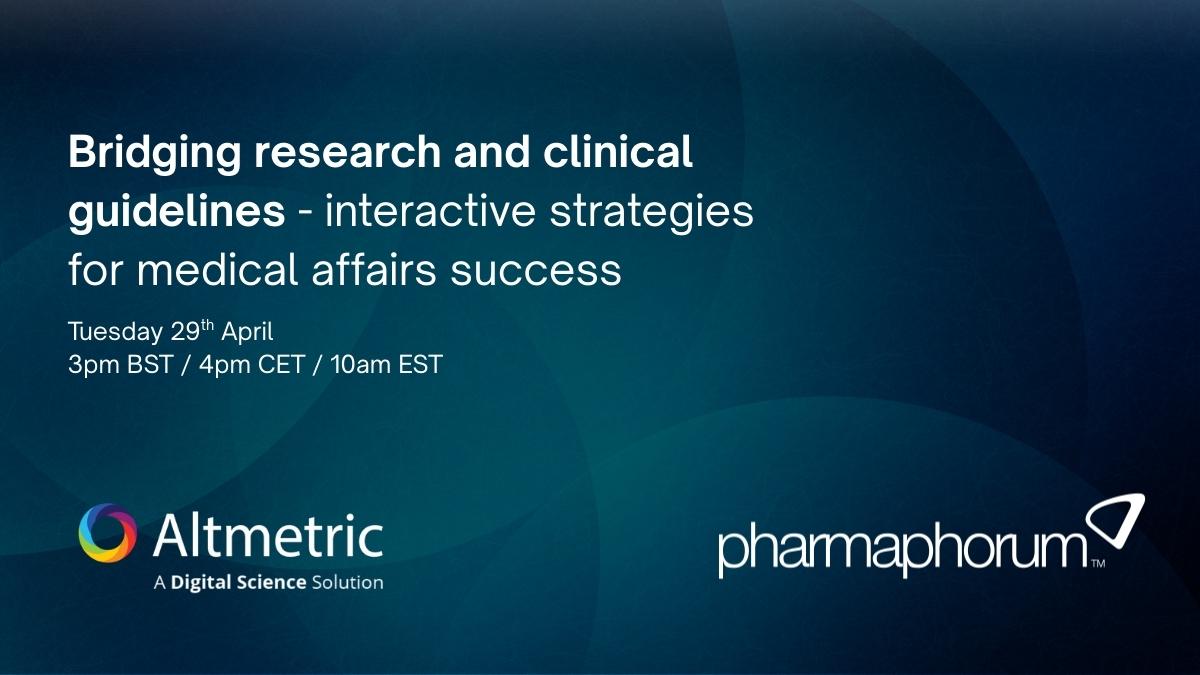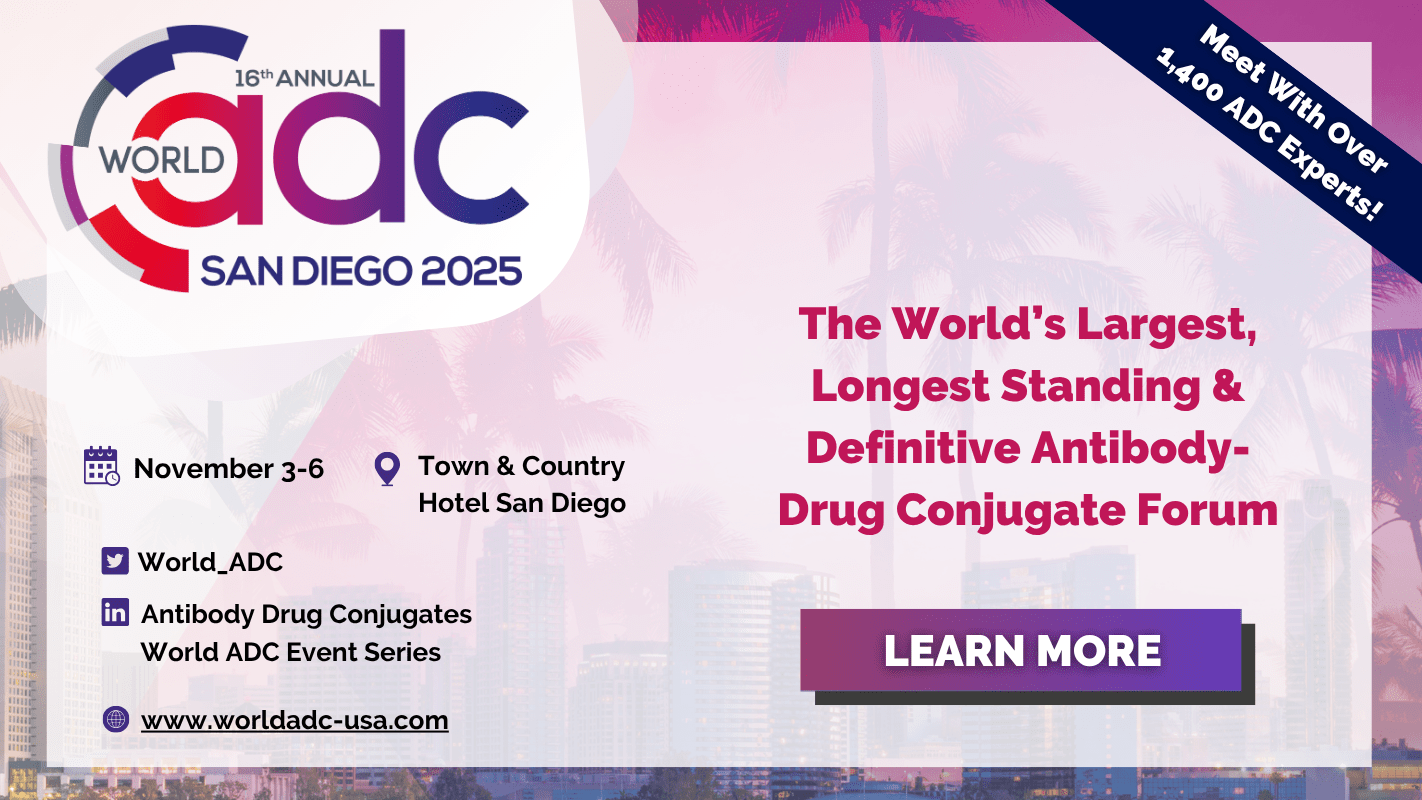Should patients accept not getting their medicine as a price for free trade?

Paul Gershlick
Matthew Arnold &, Baldwin LLP
Paul Gershlick highlights the problem of drug shortages in the UK and questions what’s at the heart of the problem.
Two years ago, Alan’s world was turned upside down. Like 40,000 other people a year diagnosed in the UK, he was told he had prostate cancer.
The news came as a shock because he was otherwise feeling well.
After discussions with doctors and specialists, he was given a course of treatment, starting with hormone treatment, then radiation. The treatment needed to follow a particular path at certain times. Alan was given a course of AstraZeneca’s Zoladex by his GP – a series of injections with the hormone treatment.
During his treatment, Alan went to his doctor for the Zoladex, but his doctor did not have any, so he went to the hospital, which only had a one-month strength dose. Alan had been on three-month doses. He was directed to his pharmacist.
Alan saw his pharmacist of many years, whom he had always found very reliable. He was therefore surprised and distressed then when his pharmacist said that he did not have the medicine, even after ringing around.
It was bad enough being diagnosed with cancer – now Alan was having unnecessary added hassle and stress in getting the treatment he had been told he should have.
Alan’s treatment depended upon continuity. If he would not have had the injection at the right time, the effectiveness of his treatment would have been compromised. He therefore rushed back to the hospital that day for the one-month dosage. They had limited supplies, but at least they could provide it.
Then began the search over the next month for the 3-month dosage. Before the end of that month, Alan’s trusted pharmacist managed to source it. What a relief! This was only after a great deal of effort on the pharmacist’s part.
The rest of Alan’s treatment went well and he received some incredible help, not just from his pharmacist but from others in the National Health Service who treated him.
Alan – who is actually a close relative of mine – was lucky because of the efforts of those involved. But why did it come to this?
 ,
"It was bad enough being diagnosed with cancer – now Alan was having unnecessary added hassle and stress in getting the treatment he had been told he should have."
 ,
Recent figures suggest many UK pharmacists spend over five hours a week trying to source medicine because of medicine supply chain issues. Is this really something that patients should simply put up with in the developed world?
The UK Parliamentary All Party Pharmacy Group (“APPG”) believes not. In their view, one patient suffering the inconvenience of a desperate search for urgent treatment is one patient too many – let alone if many patients actually suffer from not getting hold of the medicine they need.
This is a thorny problem arising out of the right of some in the supply chain (some wholesalers and pharmacists) to export drugs to other countries in the European Economic Area. The incentives to export are because of exchange rate fluctuations and differences between the price paid by medicine purchasers in different countries. Accordingly, profits are available to be sought, at a time when margins are being squeezed.
People in the pharma supply chain are under legal duties to fulfill demand. However, in practice, it is not easy to prove breach of those duties.
The APPG considered the issue to be so serious that it recently held an enquiry into it and reported on its findings in May, with several recommendations: http://www.appg.org.uk/APPG Pharmacy - Report of Inquiry Into NHS Medicines Shortages.pdf.
In June, the chair of the APPG, Rt Hon Kevin Barron MP, spoke at a seminar that we hosted on this issue, in which there was a lively Q&,A. To view the video, please view on our YouTube channel.
It is clear that there is a blame game going on.
Pharmacists: are struggling to get the medicines from their normal wholesale chain. Some pharmacists are also involved with exporting. Many pharmacists who already feel squeezed from pricing pressure are spending increasing amounts of time trying to obtain medicines because of stock shortages. They try to find new sources to get their medicines. This time can be costly. They see the issue at the sharp end for the patients, who they try to help. Patients often blame the pharmacists and do not understand the problem.
 ,
"Recent figures suggest many UK pharmacists spend over five hours a week trying to source medicine because of medicine supply chain issues."
 ,
Wholesalers: are involved with supply from supplier through to pharmacist. Some are involved with the exporting practice, where they can make more money.
Suppliers: say they already provide much more in the UK market than the UK patients’ needs for medicines, and yet there are still shortages. They have little financial incentive to see more medicines go on the market in a cheaper country (e.g. the UK) rather than one where they receive higher returns (e.g. Germany).
In reality, the pharmaceutical supply chain is very complex.
Any answer must always involve understanding the scope of the problem. Data needs to be gathered and analysed. I agree with the APPG that the Department of Health needs to consider the issue seriously and not wait for large numbers of patient deaths or other adverse consequences. The Government, together with the Medicines Healthcare products Regulatory Agency, must take unpopular decisions if necessary. As the APPG rightly says, exports are fine if they do not put patients’ health at risk. Suppliers should be required to produce enough so that patients’ safety is put above profit. Maybe the Government should consider rewarding pharmacists in a way that would not incentivise any desire to export?
Interestingly, the APPG said that in its enquiry it had “detected an air of resignation” with the problem of shortages being “dismissed variously as either inevitable, or as having been inherited from the previous Government”. But the fact remains: there is a problem. Patients suffer. That is not acceptable.
 ,
"It is clear that there is a blame game going on."
 ,
When truces have been found to passionate wars and other complex disputes have been resolved, failure to find a solution to this difficult problem that really affects patients should not be tolerated. All stakeholders should work hard to find an answer.
About the author:
Paul Gershlick is Partner at Matthew Arnold &, Baldwin LLP, he can be contacted using the details below:-
T: +44 (0)1923 208816
F: +44 (0)1923 215004
http://www.mablaw.com/category/sectors/pharmaceutical/
Should patients have to put up with drug shortages?












